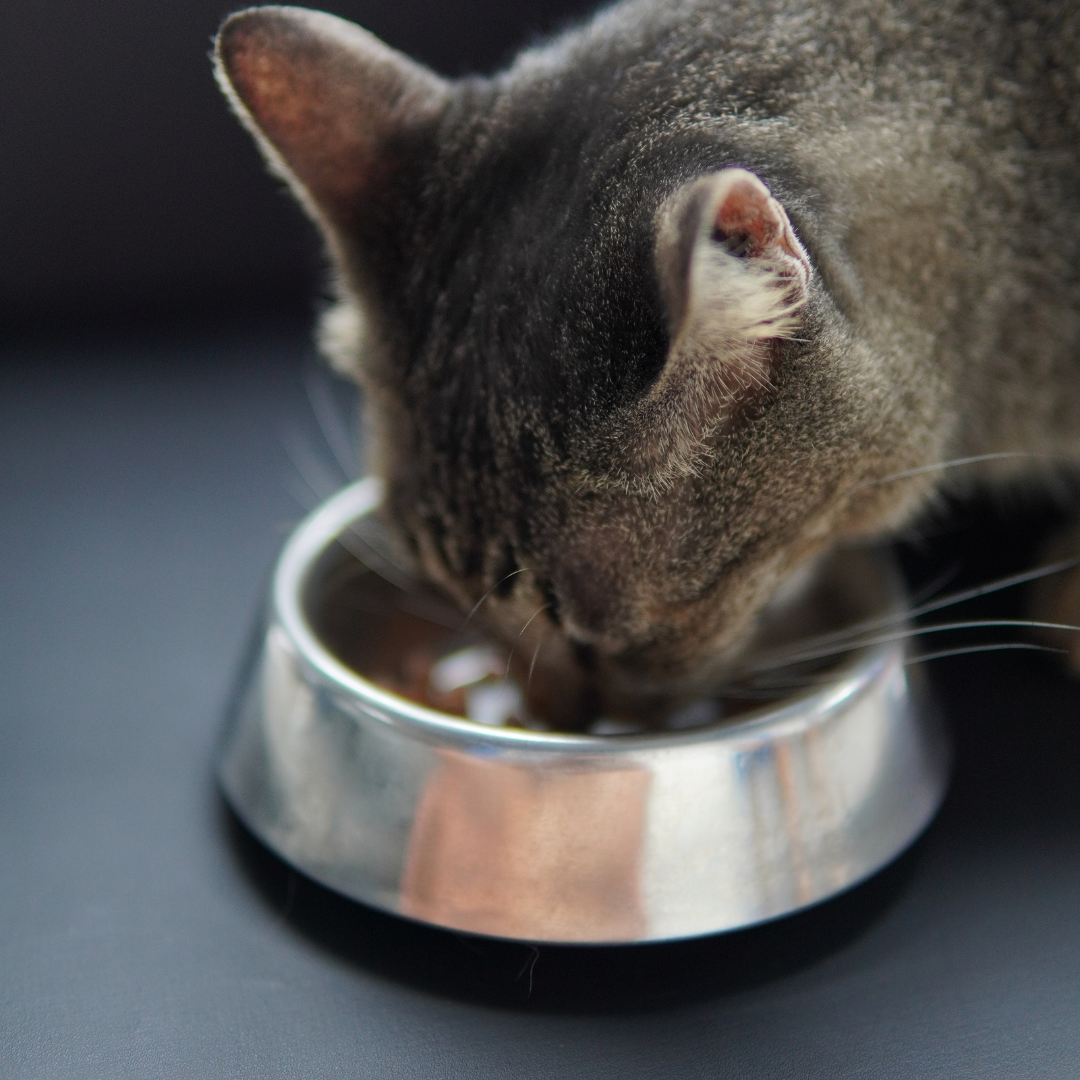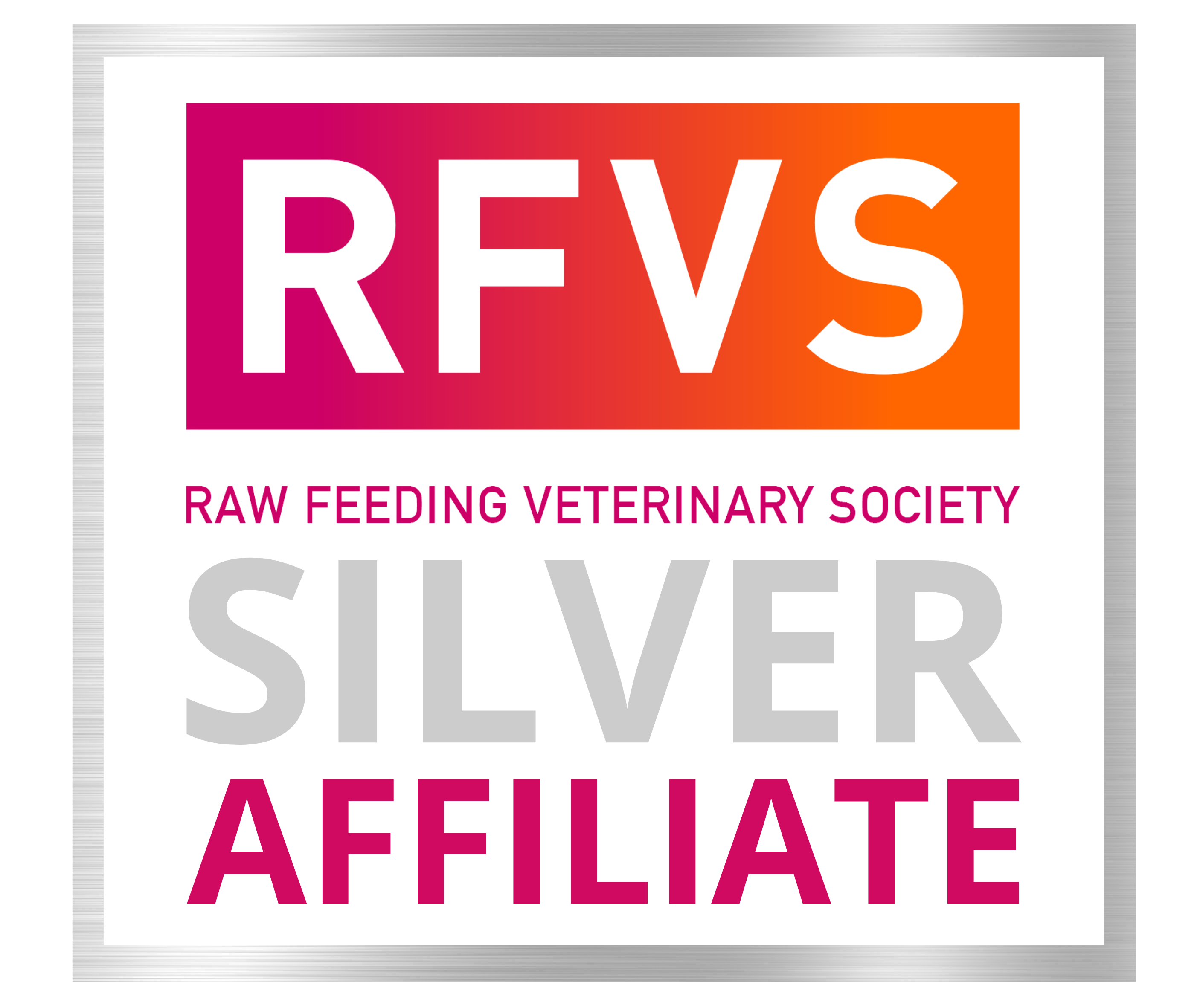Environmental Factors

Environmental chemicals, allergens, toxins and stressors can all play a part in ours and our pet’s health, so it’s worth considering all exposures including medications and interventions.
Chronic skin issues, gut upset, or behavioural changes may reflect an underlying sensitivity - whether it’s new flooring, new people, strong scents, or cleaning products. Cats can be even more affected than dogs by changes in their environment.
A species-appropriate raw diet, free from additives, can help by calming an overactive immune system, reducing gut inflammation, and improving tolerance to environmental triggers over time.
SIMPLE STEPS TO REDUCE ENVIRONMENTAL LOAD
Absorption may occur through the skin, airways or gut placing a load on the liver and other organs. Whilst some factors cannot be eliminated, they can often be minimised.
FOOD & WATER
Provide a nutritious, species-appropriate raw diet that excludes carbohydrates, additives and preservatives. This helps reduce the overall chemical load and supports healthy gut and immune function.
Use water filters or filtered water to minimise chemicals such as chlorine, heavy metals, and pesticides - these may all affect the microbiome and liver.
Use stainless steel or ceramic bowls. Avoid plastic, which may leach chemicals or harbour bacteria.
Clean bowls regularly.
CLEANING & GARDENING
Choose natural, biodegradable, and perfume-free detergents and cleaning agents for bedding, floors, and dishes.
Avoid or minimise herbicides and pesticides, and prevent pet contact for 24+ hours.
CONTACT & SURFACES
Be mindful of toxic or irritant plants (e.g. Tradescantia)
Use natural fibres for bedding
Consider the nature of surfaces your pet spends time on.
Minimise plastic furniture (e.g. PVC).
Keep pets away from new furniture and flooring (48+ hrs) to reduce Volatile Organic Compounds (VOC) exposure.
Minimise exposure to flame retardants (common in furniture, electronics, insulation).
Use natural shampoos, soaps, and flea repellents (e.g. neem soap bars).
Use caution when redecorating—choose eco-paints and manage dust. Be aware of asbestos and lead paint in older homes.
AIR QUALITY
Avoid incense and some essential oils around pets.
Avoid exposure to fragrance or insecticide sprays.
Minimise automatic fly spray dispensers.
Use an air purifier in mouldy homes or near busy roads.
Keep homes well-ventilated.
Avoid dampness and dust with appropriate heating and cleaning.
PARASITE CONTROL & TITRE TESTING
See our Natural Flea and Worm Control and Vaccination page for more information.
Monitor regularly and treat for fleas only as needed.
Research any parasite treatments - take particular care with isoxazoline-based products.
Consider a faecal egg count with your vet to assess worm burden.
Consider titre testing prior to vaccination to check whether your pet already has immunity to core diseases.
EMOTIONAL ENVIRONMENT
Pets respond to life’s stresses. Noise, people moving in/out, inconsistent routines, or boredom can affect gut health, immune balance, and behaviour.
Provide calm, predictable routines
Offer environmental enrichment (toys, puzzles, gentle exercise)
Allow safe spaces for rest and retreat
See our Cats and Stress, Anxiety in Dogs and Gut-Brain (coming!) resources.
LIGHT, RHYTHM & DAILY LIFE
Our pets’ internal rhythms - just like ours - are influenced by their surroundings. Supporting these rhythms may benefit sleep, digestion, mood, and overall wellbeing.
Natural Light: Encourage daylight exposure during the day and minimise artificial light at night
Calm sleep spaces: Low-light, quiet areas overnight
Screen/device light: Dim or switch off screens near sleep zones
ELECTROMAGNETIC FIELDS (EMFs)
Modern homes are filled with electronic devices. While research is evolving, sensitive animals may benefit from:
Turning off Wi-Fi at night
Avoiding charging stations near pet beds
Creating low-tech sleep areas
FURTHER READING
Hare Today - Feline Nutrition - A Cats Mystery Allergy
The Forever Dog – Rodney Habib & Dr. Karen Becker
Dogs Naturally – Natural dog health and nutrition

